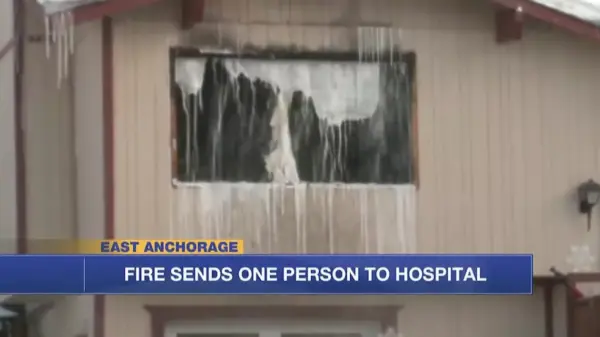Australia is set to implement significant reforms in its telecommunications sector following a critical failure that linked a major company’s emergency call system to the deaths of four individuals. On Thursday, September 14, 2023, Optus, the country’s second-largest telecom provider, reported a “technical failure” that resulted in 624 emergency calls not connecting to essential services. In Australia, citizens dial “0-0-0” for emergencies, contrasting with the “9-1-1” system in the United States.
The tragic incidents occurred in several regions, including Western Australia and South Australia. A 74-year-old man and a 49-year-old man died in Perth, while a 68-year-old woman and an 8-week-old boy lost their lives in Adelaide. The South Australia Police noted that the outage was “unlikely to have contributed” to the infant’s death, as his grandmother quickly used another phone to contact an ambulance after her Optus line failed.
Government Response and Accountability
On September 18, Communications Minister Anika Wells announced that the Australian Communications and Media Authority (ACMA) is investigating the circumstances surrounding the call failures. Wells emphasized that all telecommunications providers must ensure emergency services calls are operational under Australian law. “Optus and all telecommunications providers have obligations under Australian law to make sure emergency services calls go through,” she stated.
Wells indicated that there would be consequences for both Optus and the broader telecommunications sector, noting that the company would be held accountable for its failure. The ACMA had previously fined Optus more than AUD 12 million (approximately USD 8 million) for not adhering to emergency call regulations during another network outage on November 8, 2023. Similarly, Telstra, Australia’s largest telecom operator, faced a fine of AUD 3 million (around USD 2 million) in December 2022 for similar violations during a technical disruption.
Optus’ Leadership and Future Actions
In light of the incident, Optus CEO Stephen Rue issued an apology, expressing his deep regret for the loss of life. “I want to reiterate how sorry I am about the very sad loss of the lives of four people who could not reach emergency services in their time of need,” Rue stated. He acknowledged that early investigations suggested established processes had not been followed.
Prime Minister Anthony Albanese, speaking from New York City where he is attending the United Nations General Assembly, underscored the seriousness of the situation. He called Optus’ behavior “completely unacceptable” and indicated that the company should consider a change in leadership. “There will be a thorough investigation of this. We have made that very clear,” Albanese told the Australian Broadcasting Corporation.
As the investigation unfolds, the Australian government is poised to take action to ensure that such failures do not recur, aiming to enhance the reliability of emergency services in the telecommunications sector. This incident highlights the crucial role that telecom companies play in public safety and the significant consequences of service failures.








































































